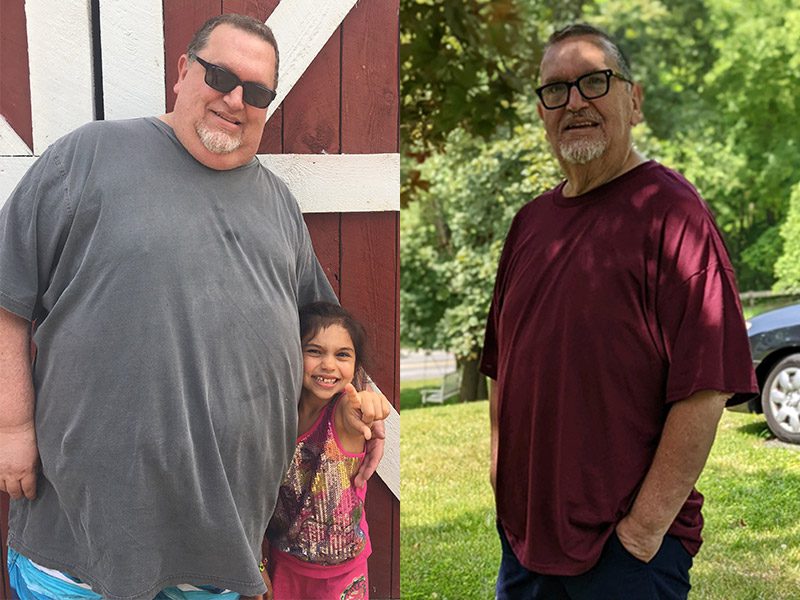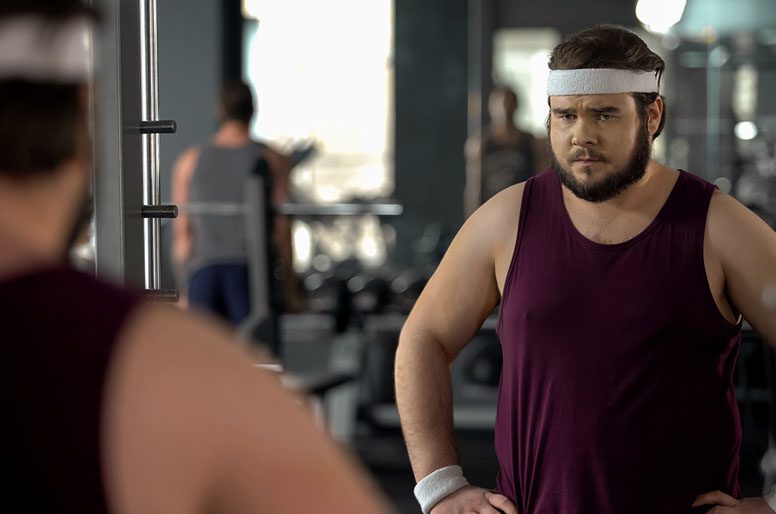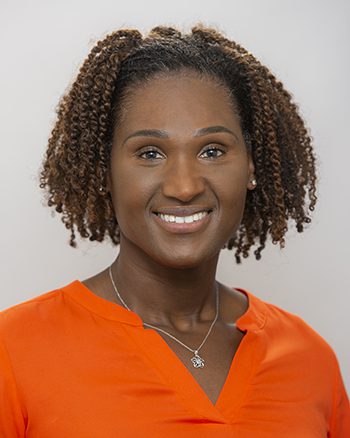Overview
According to the Centers for Disease Control and Prevention, obesity is a common, serious, and costly disease. While obesity is often caused by poor eating and lack of exercise, it can also be impacted by underlying medical conditions, such as type 2 diabetes, and genetics.
When your weight is impacting your overall health and wellness, the Bariatric and Weight Management Program at Cooley Dickinson will support you in achieving a healthier life.
Proper weight management combined with weight loss surgery has been the only intervention shown to produce long term weight loss with reduction or resolution of many of the obesity-related medical problems.
Watch this video to learn more about the weight loss journey of a Cooley Dickinson Hospital patient and the medical staff that helped him:
Cooley Dickinson Hospital’s Bariatric and Weight Management program has earned accreditation as a “Comprehensive Center” by the American College of Surgeons (ACS) and the Metabolic and Bariatric Surgery Accreditation and Quality Improvement Program (MSBAQIP). Learn more about our accreditation.
Your journey to a healthier life starts here
When you are ready to begin your journey, request more information or call us at 413-584-4637.
Watch this video to learn more about the ways we help you gain control of your weight:






